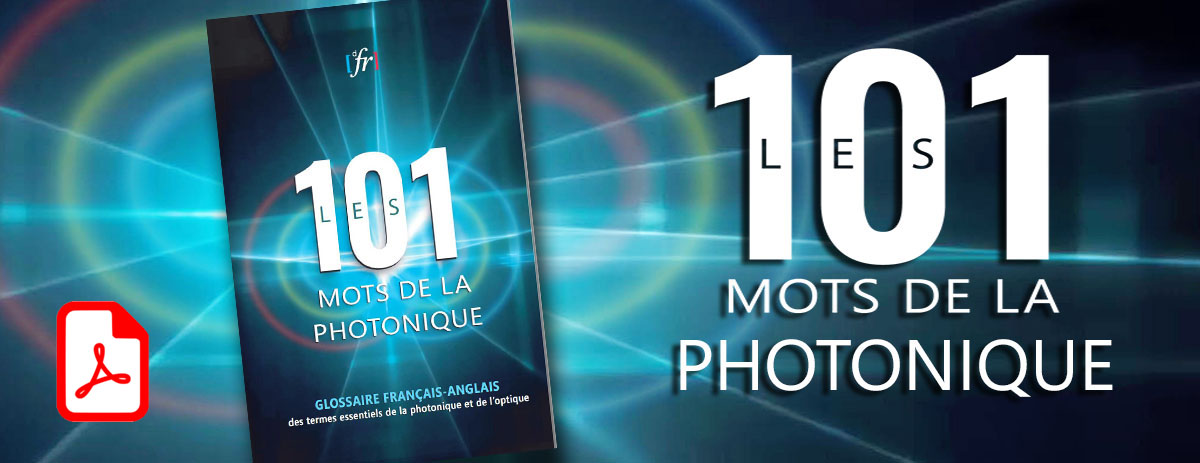« STRIPS » : différence entre les versions
(Page créée avec « == Domaine == Category:Vocabulary == Définition == == Termes privilégiés == == Anglais == === STRIPS === In artificial intelligence, STRIPS (Stanf... ») |
m (Remplacement de texte : « ↵<small> » par « ==Sources== ») |
||
| (14 versions intermédiaires par 3 utilisateurs non affichées) | |||
| Ligne 1 : | Ligne 1 : | ||
== Définition == | == Définition == | ||
STRIPS, l'acronyme de ''Stanford Research Institute Problem Solver'', est un des premiers logiciels de planification automatique, un sous-domaine de l'IA. Développé par Richard Fikes et Nils Nilsson en 1971, STRIPS a une grande importance historique et conceptuelle. | |||
== Français == | |||
'''STRIPS''' | |||
== Anglais == | |||
'''STRIPS''' | |||
==Sources== | |||
== | |||
[https://fr.wikipedia.org/wiki/STRIPS Source: wikipedia ] | |||
[[Catégorie:ENGLISH]] | |||
[[Category:GRAND LEXIQUE FRANÇAIS]] | |||
Dernière version du 28 janvier 2024 à 12:10
Définition
STRIPS, l'acronyme de Stanford Research Institute Problem Solver, est un des premiers logiciels de planification automatique, un sous-domaine de l'IA. Développé par Richard Fikes et Nils Nilsson en 1971, STRIPS a une grande importance historique et conceptuelle.
Français
STRIPS
Anglais
STRIPS
Sources
Contributeurs: Claude Coulombe, Jacques Barolet, wiki










